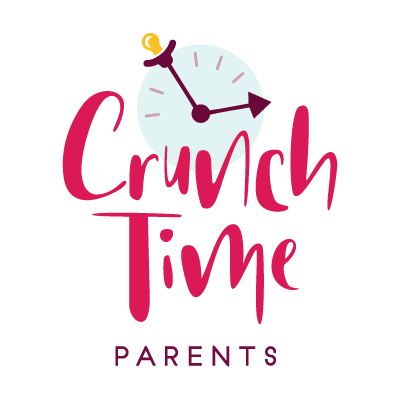Fertility Education Needs to Start Early, But When's the Right Time?
/Copyright 1907 by Irvin M. Kline
Sex-ed is a fraught issue in schools: Not even half of U.S. states even require sex-ed, and the ones that do leave it up to each school district to decide how to teach it. Even the programs that offer sane, reality-based, life-saving sexual education to teenagers steer clear of a topic that most people will face at some point in their lives: Do I want kids at some point, and if so, when?
That question is thorny enough for adults, so it's no surprise that sex-ed programs ignore it, or barely skim the surface at best. But considering that in a recent study of college students, less than half of women, and even fewer men, didn't know when fertility starts to decline, it's time to prioritize giving young people a sense of how their bodies and reproductive options can shift as the years go by.
At Crunch Time Parents, we celebrate the potential for adults to become parents late in life if they so choose, and to do so in a variety of ways ranging from natural conception to advanced reproductive technologies to adoption and beyond. But we're also realistic about the potential challenges of having a baby later in life, and we believe any woman who decides to try for a pregnancy in her late 30s or at 40-plus should understand the potential hurdles—even though certain statistics about risks of advanced maternal age pregnancies have been overstated and discredited.
Elena.speziale, via Wikimedia Commons
Still, women as well as men need a clearer understanding of how and when fertility begins to decline and risks start to rise. Deciding when to have a baby involves all kinds of circumstances—and granted, only some of them can be influenced or controlled. Learning about fertility is only one part of the picture, but it's a crucial one.
So when is the right time? Instead of trying to tackle that subject in the already contested sex-ed curriculum, and risk confusing teens with mixed messages ("Don't get pregnant now! But do get pregnant soon!"), the doctor's office would seem to be the most sensible place for a discussion about fertility and reproductive goals. Why not advocate for OB-GYNs to start having level-headed, empathetic, non-judgmental conversations with their young patients early on, to provide reliable data on how and when fertility tends to peak and to start declining, and share data on the success rates of advanced reproductive techniques. That conversation could be tailored to the specific patient's health profile, future goals, family medical history, and other relevant points.
Some argue that celebrities who have babies after 40 need to be more transparent about their fertility struggles, so as not to mislead young people into thinking they'll have an easy time having babies if they wait that long. But it's not the job of celebrities to teach people about fertility; it's the job of doctors and health educators.
Certain doctors will be pushier than others; many will no doubt let their own opinions and biases seep in. So the content and the delivery mechanisms for a fertility-education curriculum at OB-GYN visits would need to be fine-tuned. But we clearly need a place to begin. There's no time like now to start the conversation.




















